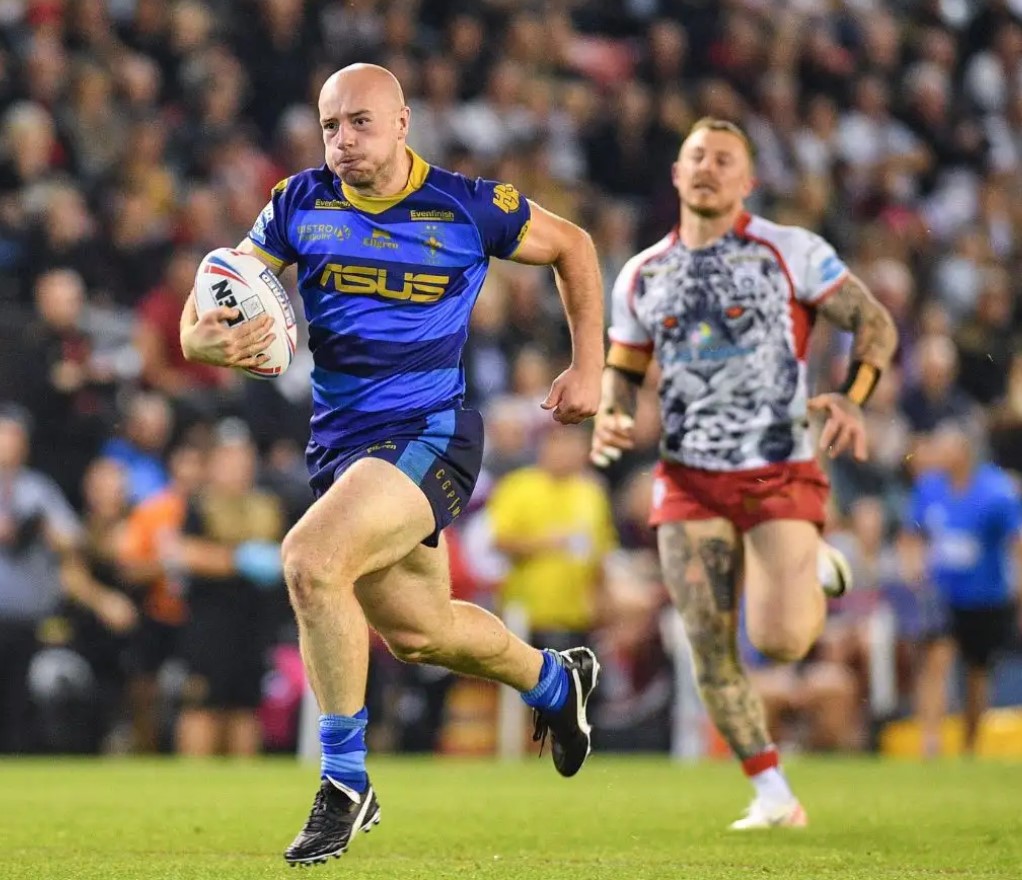How Rugby League Remains Popular

It might not always feel like it if you rely solely on the mainstream media, but rugby league is still an incredibly popular sport. Newcomers to the UK might feel as though the entire country is obsessed with the soccer clubs of the EPL. But rugby league continues to thrive.
The national media may concentrate on the title race between the likes of Manchester City, Liverpool, and Arsenal – and even betting companies will highlight sportsbook soccer markets and offers. But there is a deep-rooted love for rugby league that has grown almost in spite of the popularity of the Premier League.
Most fans accept that rugby league is most popular in its heartlands in the UK. But there has been considerable expansion over the years, with people from all over the country falling in love with the game. But how does such a “minority sport” remain so cherished in today’s media and sporting landscape?
The Football Premier League
Football – or soccer – has always been the most popular sport in the UK, as it has been in most countries across the world. But the way that the playing field has changed in the last 30 years has seen England’s Premier League become just about the biggest competition on the planet.
With even lower-half clubs from the EPL enjoying the status of some of the wealthiest sports teams in the world, the reach of English football has increased dramatically. There are no rugby league teams – even any of the Australian giants – anywhere near the top of the rich list. But the sport remains important to many people.
Rugby League Heartlands
Unsurprisingly, the main focus for rugby league in England continues to be in the northern heartlands. The north west and the M62 corridor are home to most of the big clubs, as well as many other teams and youth-level competitors. This is something that is unlikely to ever change and drives the sport forward.
Ever since rugby league split from union in the late 19th century, it has been these northern heartlands that have been the focus of sport. Expansion has been needed – and welcomed – but the fact that the rugby league team is always going to be bigger than any soccer club in places like Wigan and St Helens shows that rugby league is here to stay.
Expansion Areas
Rugby league in the UK will always live or die on the status of the M62 corridor clubs. But expansion has always been a key factor in spreading the word about this great sport. London has long been a focus for the sport’s governing bodies trying to gain more attention for rugby league. But other areas have shown just as much interest.
Unfortunately, having a successful London team is probably vital to future growth and success, as many of Super League’s TV viewers are in the south of the country. But other regions, such as Cornwall and Cumbria have shown that there is a demand for an alternative to soccer – and sometimes even rugby union.
International Competition
Many UK rugby league fans look enviously towards Australia and the culture that surrounds the sport there. Sydney in particular is a hotbed of rugby league and the players and teams enjoy the same kind of adulation and recognition that EPL stars attract in the UK.
That is why St Helens and Wigan winning the World Club Challenge in the last two years has been so important. Both teams beat a Penrith side with probably the best players in the world. Being able to prove that the very best of the Super League can compete is an important stepping-stone to building the sport up in terms of popularity in the UK.
Money Talks
As with anything, levels of popularity will depend in a big way on the amount of money invested. Super League has been able to rely on broadcasting cash for a while now and that has kept the biggest clubs in the country on the radar of general sports fans. But it has also kept the biggest league competition off terrestrial TV.
The BBC has continued to show live games and keep the flame burning for rugby league – as well as getting behind international tournaments. But the money coming in from the general public is not enough to rival even some second and third-tier soccer clubs in England.
Improvements Needed
We mentioned that further expansion is needed to introduce more people to rugby league. But there is just as good an argument that the sport could also do better when it comes to the northern heartlands. Showing off the attraction of the product as entertainment and sport could do wonders for media attention.
Some key marketing work in the M62 corridor could also increase crowds in the Super League, which have dropped off in recent years. Producing a better international package in the way of World Cups and club games could also bring a bigger audience to the sport and revitalize the one that is already there.
Keeping the Sport Alive
If it was purely down to money, soccer’s Premier League would have eclipsed just about every other sporting competition in the UK long ago. But the fact that there are still entire towns and cities where rugby league rules the roost shows that there is a deep love for the sport.
In these uncertain times, rugby league needs governing bodies and interested investors to work together to expand the brand so it works for new and existing fans. There is obviously a demand and a love for rugby league that continues to thrive against all odds. The fans, players, and clubs deserve to be enjoyed by more people – and, by working together, the people of rugby league can achieve that.




